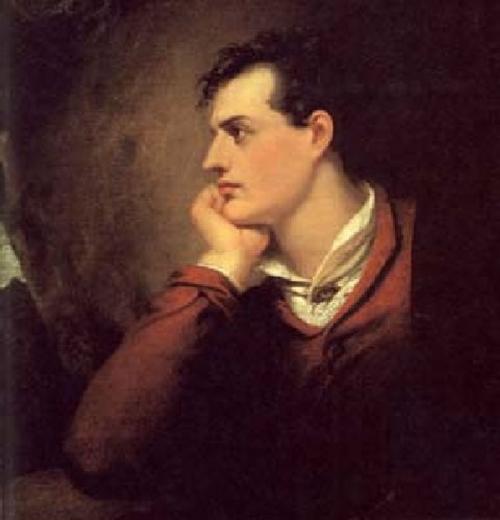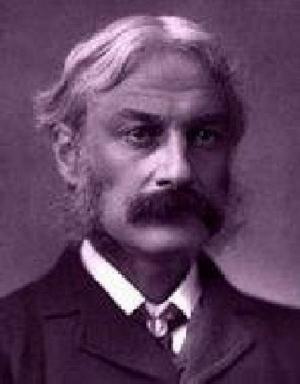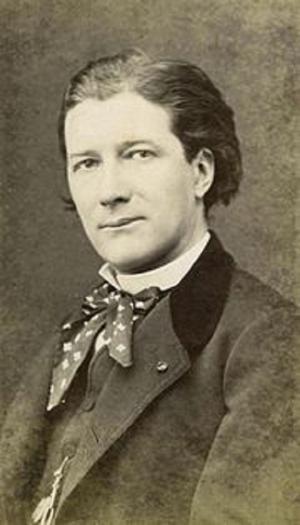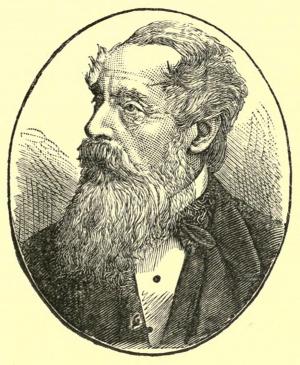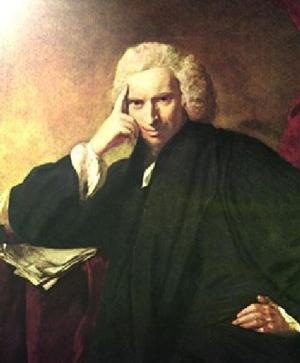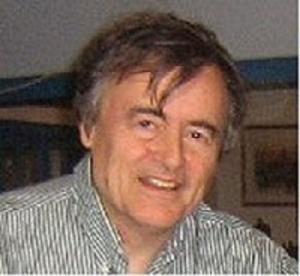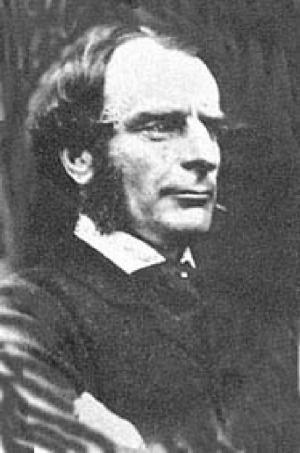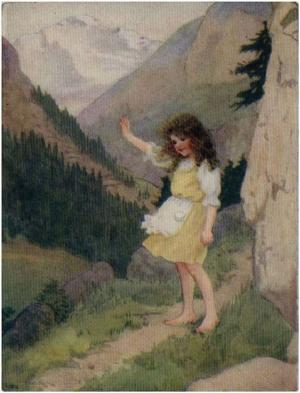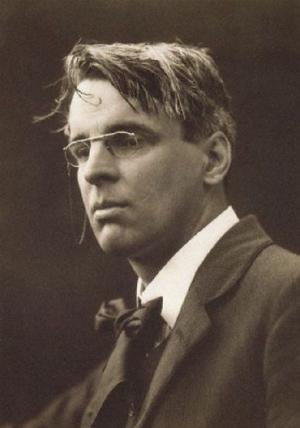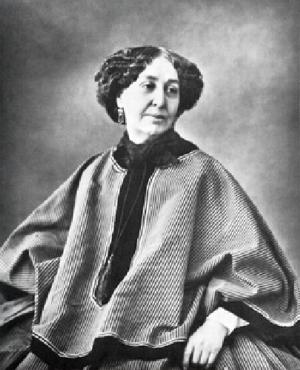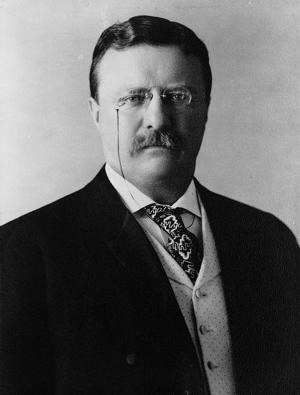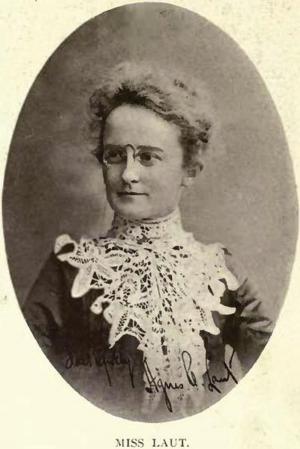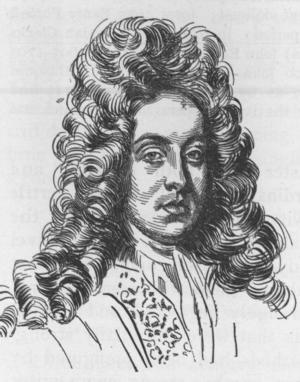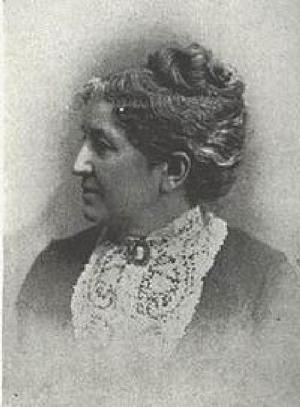| Author: | Lord Byron, Alexander Pushkin | ISBN: | 9781455425341 |
| Publisher: | B&R Samizdat Express | Publication: | December 15, 2009 |
| Imprint: | Language: | English |
| Author: | Lord Byron, Alexander Pushkin |
| ISBN: | 9781455425341 |
| Publisher: | B&R Samizdat Express |
| Publication: | December 15, 2009 |
| Imprint: | |
| Language: | English |
According to Wikipedia: Don Juan "based on the legend of Don Juan, which Byron reverses, portraying Juan not as a womanizer but as someone easily seduced by women. It is a variation on the epic form. Byron himself called it an "Epic Satire" (Don Juan, c. xiv, st. 99). Modern critics generally consider it Byron's masterpiece, with a total of over sixteen thousand individual lines of verse. Byron completed 16 cantos, leaving an unfinished 17th canto before his death in 1824. Byron claimed he had no ideas in his mind as to what would happen in subsequent cantos as he wrote his work." Eugene Onegin "is a classic of Russian literature, and its eponymous protagonist has served as the model for a number of Russian literary heroes (so-called superfluous men). It was published in serial form between 1825 and 1832."
According to Wikipedia: Don Juan "based on the legend of Don Juan, which Byron reverses, portraying Juan not as a womanizer but as someone easily seduced by women. It is a variation on the epic form. Byron himself called it an "Epic Satire" (Don Juan, c. xiv, st. 99). Modern critics generally consider it Byron's masterpiece, with a total of over sixteen thousand individual lines of verse. Byron completed 16 cantos, leaving an unfinished 17th canto before his death in 1824. Byron claimed he had no ideas in his mind as to what would happen in subsequent cantos as he wrote his work." Eugene Onegin "is a classic of Russian literature, and its eponymous protagonist has served as the model for a number of Russian literary heroes (so-called superfluous men). It was published in serial form between 1825 and 1832."
